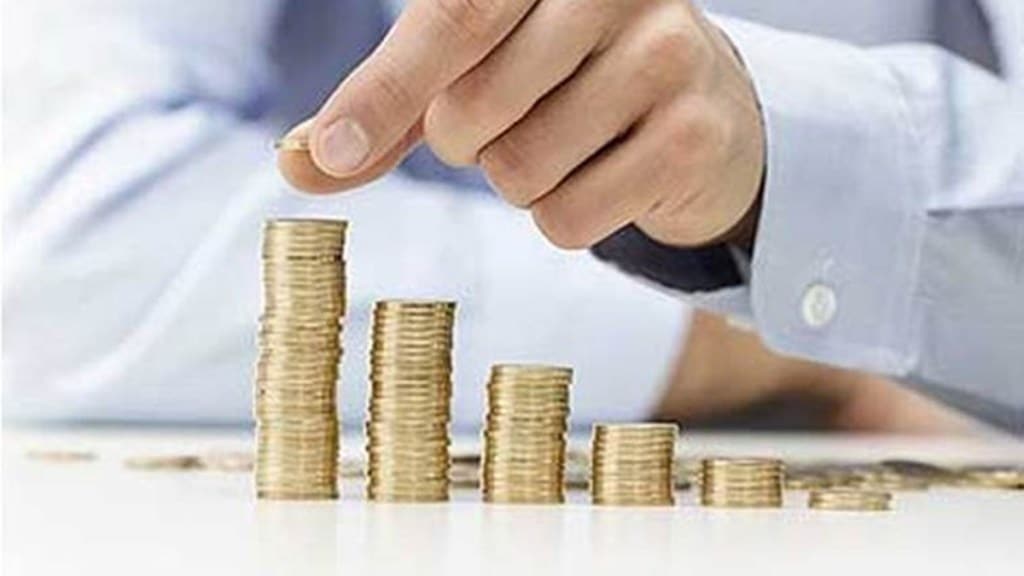The state of Indian economy is a key point of discussion as the country awaits the key rate decision from the Reserve Bank of India in less than 24 hours. While the expectation is that of a pause, UBS maintains its views that “India’s GDP will grow 6.2% YoY in FY24E (vs consensus’ 6.1% and the RBI’s 6.5%). We continue to expect economic momentum to soften in upcoming quarters on the lagging impact of monetary tightening, weather-related uncertainty and global headwinds.”
Macro economic risk is one of the key areas of concern for UBS in the Indian context. Since India is a net oil importer, crude oil price movements have an important bearing on macro stability risks. According to UBS, so far, the direct adverse impact of higher oil prices on India’s inflation, fiscal deficit and growth has been largely contained by policy intervention and India continues to buy Russian oil at a reasonable discount. “However, there are risks for the external sector. We raise our current account (CA) deficit forecast 20bps to 1.7% of GDP in FY24 and expect a modest rupee depreciation to 84.5 against the dollar in the next couple of months,” added Tanvee Gupta Jain, Economist UBS.
Will high food prices lead to spillover risks for core inflation?
Inflation concerns is the other major point to watch out for. UBS’ economic model suggests that large second-round effects occur when food inflation remains persistently high for a long period of time. In the current scenario, “the recent food price surge appears cyclical and led by weather-related events. However, a potential pick-up in populist spending ahead of a tight election calendar could lead to the risk of a more generalised rise in overall inflation,” added Gupta. As a result UBS maintains its view that “CPI inflation will average 5.6% YoY in FY24E. We continue to expect the MPC to remain vigilant on inflation and maintain the pause in the repo rate for the rest of FY24E.”

Will Modi win in 2024?
UBS believes the key local factor for Indian markets over the next seven months will be investors’ perception of whether Prime Minister Narendra Modi will win in 2024. According to the opinion polls, the BJP-led NDA could win 300+ seats and the opposition alliance (INDIA) is projected to win 180+ seats. The government’s focus on balancing economic reforms with various social welfare schemes for the lower-income strata appear have worked in its favour according to UBS.
UBS also pointed out that the government’s stance on the economy in the run-up to the election also drives market sentiment. They think the government “will tilt towards pro-rural, pro-social spending over the coming months but within fiscal boundaries. The path to the victory may become important, especially if a populist tilt occurs during the campaign.” According to UBS strategist, “this may take some of the shine off the ‘reformist’ image of the government. While broadly negative for markets, a populist tilt could potentially help some consumption sectors.”
